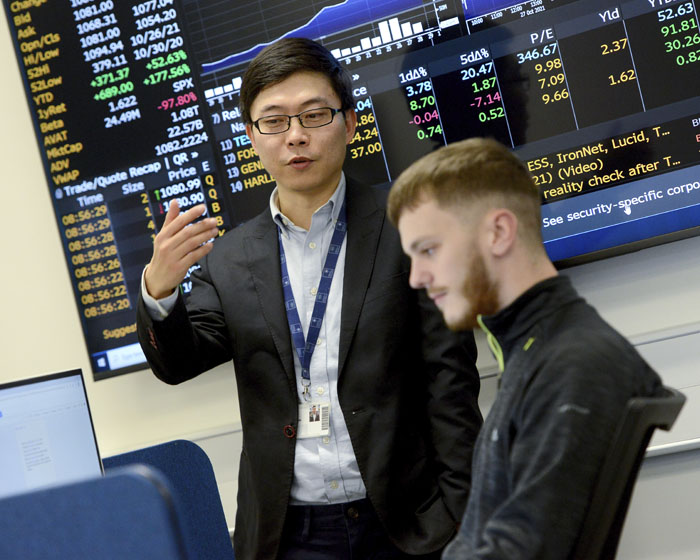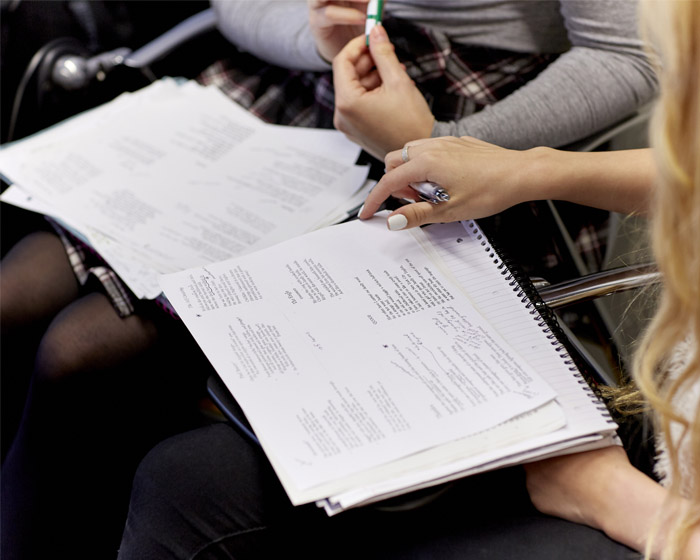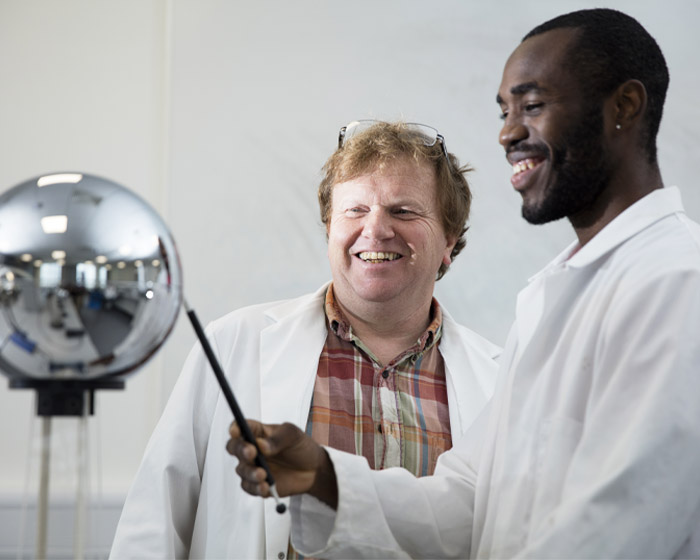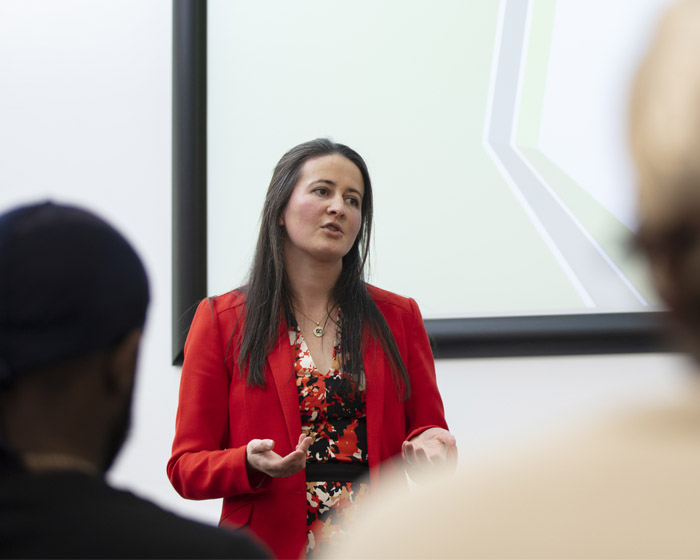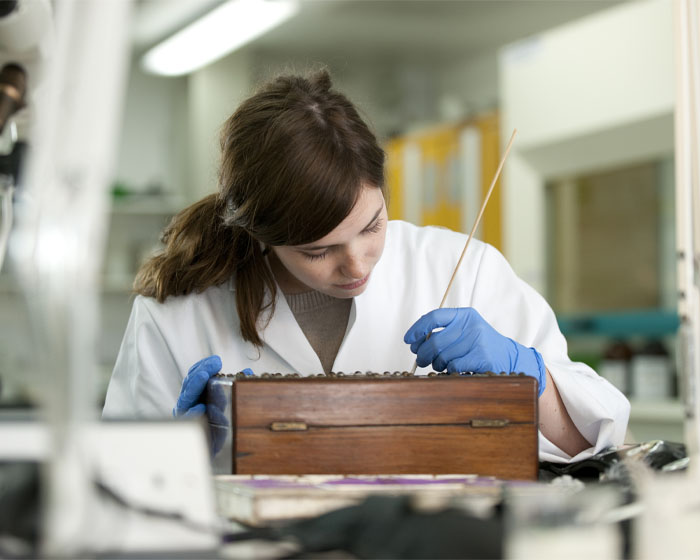Research Programmes
Research courses offer a tailored, supervised research programme and are suited to students wanting to undertake a research degree focused on a specific area of study.
MA/MSc by Research are Master’s-level programmes normally take one year full-time or two years part-time to complete and don’t usually include lectures or seminars. They can provide a good foundation for those who want to progress to an MPhil or PhD.
An MPhil is a research degree that can be part of a PhD or a standalone qualification, and is generally considered the most advanced Master’s degree you can take. It should comprise a substantial piece of research that demonstrates comprehensive knowledge and critical understanding of its topic.
A PhD is a doctoral research degree and is the highest level of academic qualification you can achieve. The degree normally takes between three and four years full-time and culminates in a thesis. A PhD must provide a significant academic contribution that will add to the existing research on your chosen subject and should be of publishable quality.

/prod01/university-of-lincoln-cdn-pxl/media/responsive2017/studywithus/postgraduatestudy/Choosing,a,route.jpg )
